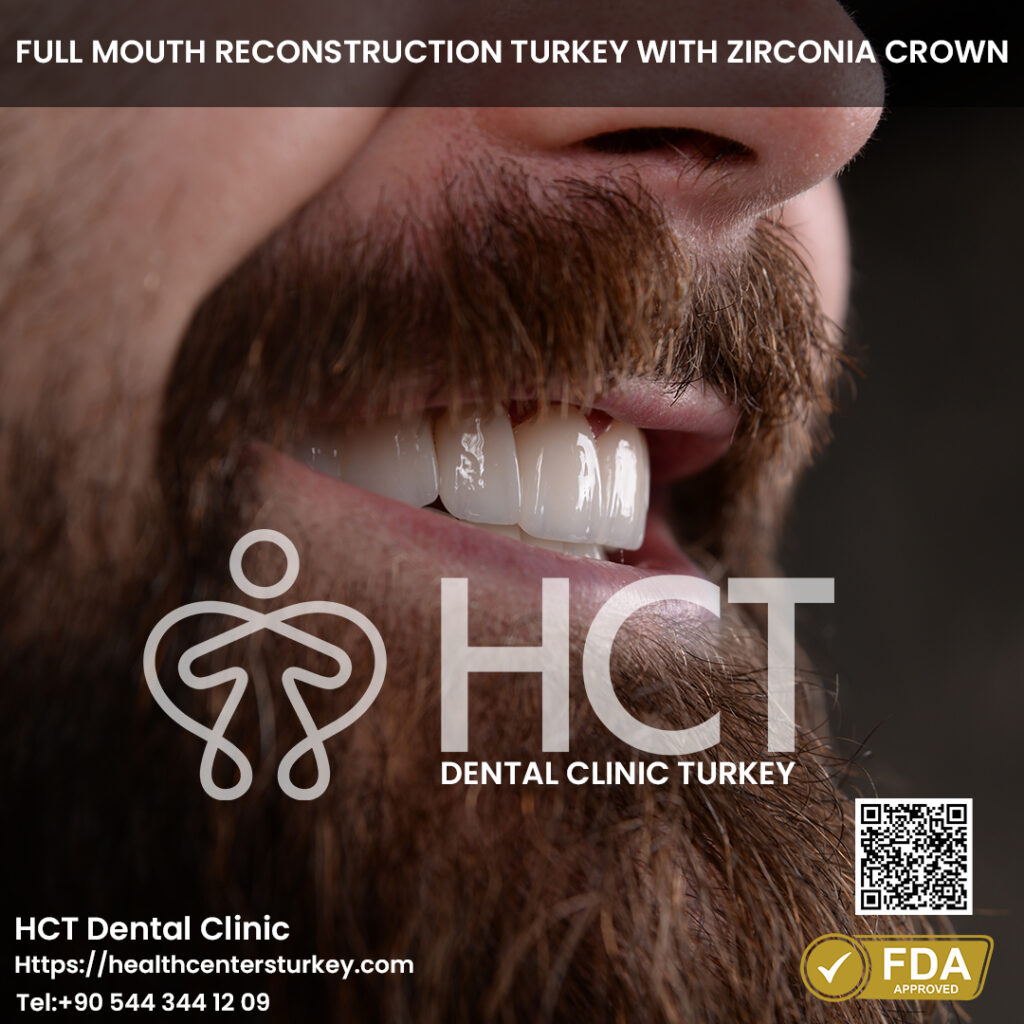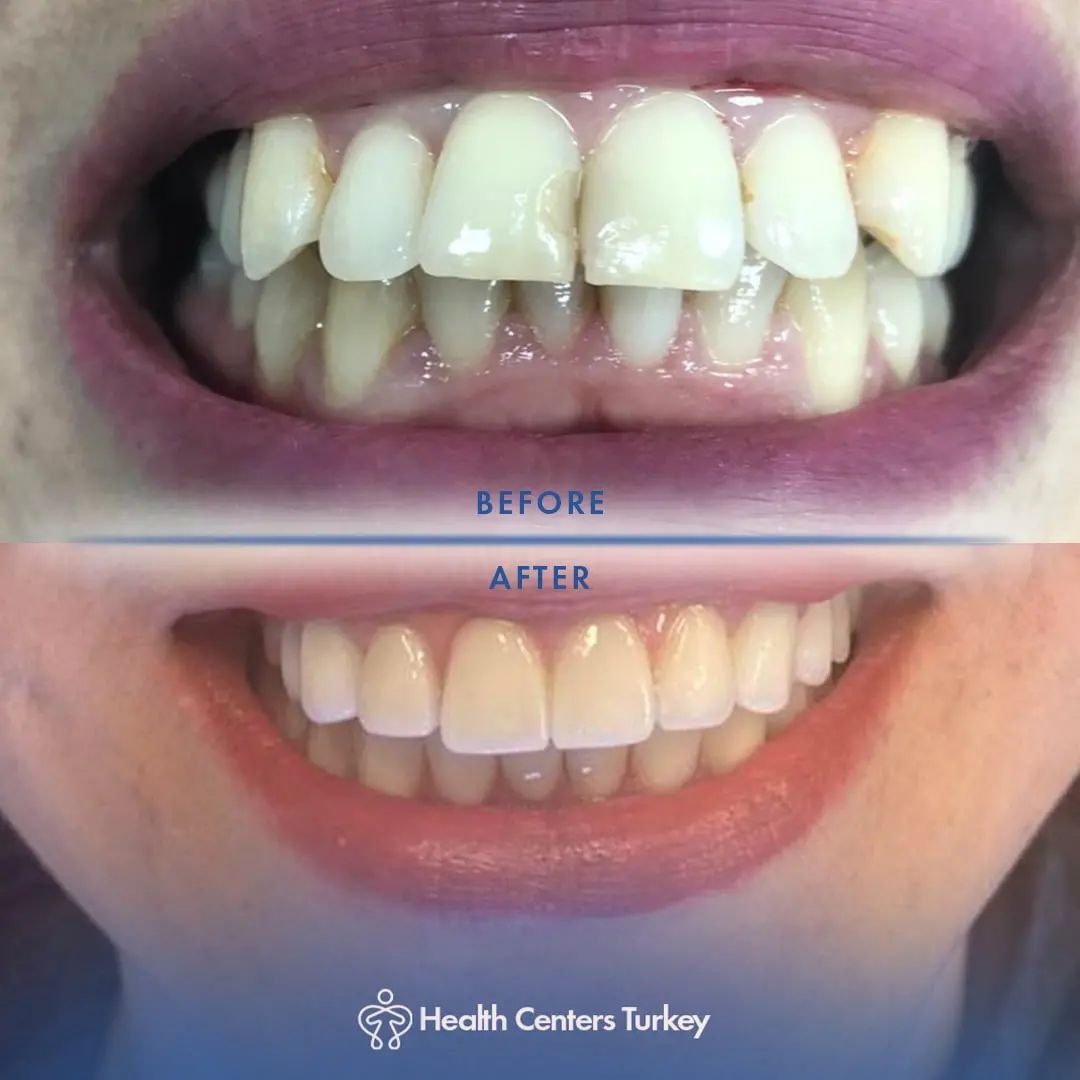The Hub for Quality Dental Care at Affordable Prices
The Hub for Quality Dental Care at Affordable Prices
Blog Article
Most Recommended Dental Treatments for Overseas Patients in Turkey
Dental implants have become a well-liked solution for those seeking to replace missing teeth. Understanding how these implants can have an effect on adjacent teeth is crucial for anyone contemplating this process, as properly as for dentists and specialists concerned in dental care.

One important facet is that dental implants are designed to be anchored into the jawbone, which means they're unbiased of adjacent teeth. Unlike dental bridges, which often require the alteration of neighboring teeth, implants can fill the hole with out compromising the health or structure of those surrounding teeth.
This independence helps maintain the integrity of adjacent teeth. When a tooth is misplaced, there is often a natural tendency for neighboring teeth to tilt or shift into the empty house. Such motion can lead to misalignment, which can have an effect on chunk and general oral health. By placing an implant, you effectively prevent this potential shift, selling higher alignment in the long run.
Full-service Cosmetic Dentistry Services for Every Budget
Additionally, dental implants help keep bone density in the jaw. A natural tooth root supplies stimulation to the encompassing bone, keeping it wholesome and strong. When a tooth is missing, the bone can start to deteriorate due to lack of stimulation. With a dental implant mimicking a natural root, bone loss can be minimized, which not directly benefits adjacent teeth by preserving the general structure of the dental arch.
While dental implants are advantageous, improper placement can impact neighboring teeth. If an implant is positioned too shut to another tooth, it may exert undue stress on that tooth, resulting in discomfort or potential damage. Proper planning and imaging techniques are important for avoiding such points.
Everything You Need to Know About Travel for Dental Care to Turkey
Moreover, sustaining good oral hygiene is essential after receiving an implant. If not correctly cleaned, surrounding teeth might turn into susceptible to dental points similar to decay or gum disease. This underscores the significance of diligent oral care following the procedure to ensure both implants and adjacent teeth stay healthy.
Regular dental check-ups are additionally vital for monitoring the health of surrounding teeth. Dentists can establish any shifts or potential problems early, allowing for timely interventions. This proactive method ensures that both the implant and adjacent teeth can coexist with out complications.
Experience World-Class Dental Care in Turkey
Another consideration is the impact of implants on chew drive. When a single tooth is missing, the load of chewing may shift to adjacent teeth, doubtlessly leading to wear or pressure. Implants restore proper chew dynamics by redistributing forces within the mouth, which can shield surrounding teeth from undue stress.
Some sufferers may increase issues concerning the appearance of dental implants. Well-placed implants can mix seamlessly with existing teeth, enhancing total aesthetics. In distinction, failing to replace a missing tooth can result in aesthetic points, including collapsing of facial structure and changes in smile dynamics.
It's additionally value discussing the psychological elements of dental health. Experiencing tooth loss can adversely affect one’s vanity and willingness to engage socially. By restoring your smile with implants, you can positively affect not only your oral health but also your emotional well-being.
Long-term success of dental implants typically hinges on numerous components, including the affected person's health, maintenance habits, and the quality of the initial process. If adjacent teeth are healthy and correctly cared for, the chances are high that they'll proceed to thrive alongside the implants.
Prepare for Your Smile Makeover in Turkey
In conclusion, dental implants play a vital role in not just restoring individual smiles, but in preserving the health and structure of adjacent teeth. By preventing shifting, maintaining bone density, and redistributing chew forces, implants can ensure that surrounding teeth stay in optimum condition. Proper placement, hygiene, and regular dental visits can further enhance the benefits of dental implants, leading to a healthier, more confident smile for years to return.
- Dental implants might help keep the alignment of adjacent teeth by providing a secure anchor, preventing adjacent teeth from shifting into the gap left by a missing tooth.
- The presence of an implant might stimulate bone development within the jaw, serving to to protect the general structure and integrity of the adjacent teeth.
- Unlike traditional bridges, implants do not require alteration of surrounding teeth, thus preserving their power and anatomy.
- Implants can improve the distribution of chew forces evenly across the dental arch, decreasing the stress on neighboring teeth during chewing.
- A well-integrated dental implant can lower the risk of bone loss in the space surrounding adjacent teeth, contributing to their long-term health and stability.
- The aesthetics of adjacent teeth may be improved due to the assist supplied by implants, which may lead to better overall cosmetic outcomes.
- With correct placement, dental implants can prevent gum recession round adjacent teeth by sustaining enough dental architecture.
- Implants can help mitigate the risks of periodontal disease in close by teeth by selling healthy gum tissue and providing a cleanable floor.
- Long-term success of dental implants can result in improved oral hygiene routines, which in turn benefits the health of surrounding teeth.
- The improved practical ability of an implant can encourage patients to chew extra effectively, thus increasing saliva production and aiding within the safety of adjacent dental tissues.undefinedHow do dental implants have an result on adjacent teeth?
What are dental implants and how do they interact with adjacent teeth?undefinedDental implants are synthetic tooth roots which are surgically positioned into the jawbone. They provide a stable basis for replacement teeth while ensuring minimal disruption to adjacent teeth, preserving their integrity and alignment. High-End Teeth Solutions catering to International Clients in Turkey.
High-Standard Oral Care Procedures aimed at Tourists in Turkey
Can dental implants trigger problems for nearby natural teeth?undefinedGenerally, dental implants do not hurt adjacent natural teeth. However, if the implant isn't placed correctly or if there’s inadequate oral hygiene, it could lead to complications corresponding to adjacent tooth decay or gum disease.

Will getting a article source dental implant change the way my adjacent teeth feel?undefinedMost sufferers report no change within the sensation of adjacent teeth after implant placement. However, it might take a while to adjust to the presence of the implant, just like how one might adapt to different dental restorations.
Can dental implants help preserve the health of adjacent teeth?undefinedYes, dental implants can help maintain the health of adjacent teeth by preventing bone loss that may happen after tooth loss. This preservation helps the alignment of nearby teeth, decreasing the danger of shifting or misalignment.
Why Choose Dental Tourism in Turkey for Treatment
Do I need to modify adjacent teeth when getting an implant?undefinedTypically, adjacent teeth do not want alteration when inserting an implant. This is doubtless one of the advantages of dental implants over conventional bridges, which regularly require reshaping adjacent teeth for help.
How does the healing process of an implant have an effect on close by teeth?undefinedThe therapeutic course of includes osseointegration, where the implant fuses with the jawbone. During this time, adjacent teeth stay unaffected and retain their perform, though it’s essential to observe post-operative care suggestions. Experience Top-tier Dental Care at Remarkably Low Prices.
Secure the Best Dental Treatments and Services at Affordable Rates in Turkey
Can dental implants result in bone loss around adjacent teeth?undefinedIf dental implants are placed correctly and cared for adequately, they need to not result in bone loss round adjacent teeth. In websites fact, they may help stimulate bone progress, combating the natural bone loss that often follows tooth extraction.
What precautions ought to I take to protect adjacent teeth after getting an implant?undefinedRoutine dental hygiene, together with brushing and flossing, along with common dental check-ups, is crucial. Avoiding hard meals and following your dentist’s aftercare instructions may even protect each the implant and adjacent teeth.
Is it common for adjacent teeth to shift after an implant is placed?undefinedIt's not typical for adjacent teeth to shift after an implant placement, particularly when the implant is placed accurately and maintained properly. If there’s any motion, it might be as a outcome of other underlying points that ought to be evaluated by a dental skilled. Report this page